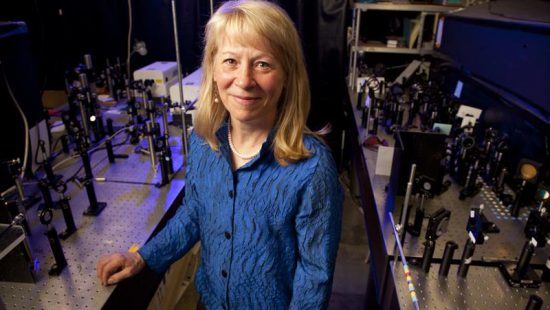William S. Johnson became an important figure in the field of organic chemistry during the 20th century by developing more efficient ways to synthesize compounds like steroids, hormones and vitamins.
Johnson first began his research while working at the University of Wisconsin–Madison in the 1940s, when many of his peers thought his goal was near impossible. However, Johnson was able to find ways of imitating chemical reactions in living organisms without using enzymes, making the synthesis process less burdensome.
For instance, corticosteroids — which are secreted by the adrenal glands and treat inflammation wounds — were originally synthesized during World War II. But Johnson figure out how to simplify the process, reducing the amount of steps by about two-thirds.
Johnson accomplished similar feats with many other compounds: adrenocortical hormones, which are used to treat arthritis; the male and female hormones, testosterone and progesterone; and the insect growth hormone, which is used for pest control.
By Jacob Kerr






